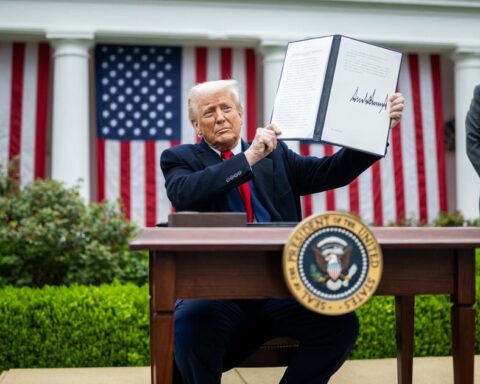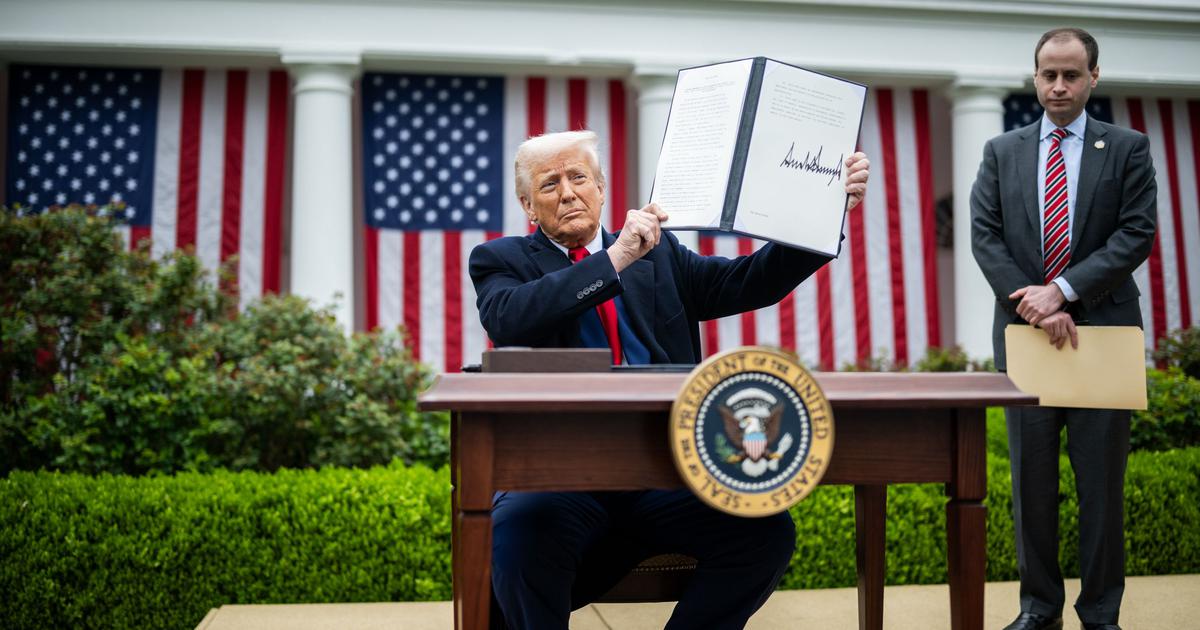Experts warn legal challenges could prolong case for years, as DOJ pushes for sweeping changes to limit search dominance.
Efforts by U.S. antitrust regulators to break up Alphabet, Google’s parent company, have reached a pivotal stage. The Department of Justice (DOJ) is advocating for significant remedies, including the forced sale of Google Chrome, data-sharing mandates, and potential divestiture of Android software, in an attempt to curb Google’s dominance in search and online advertising. However, legal experts predict the case could take years to resolve amid anticipated appeals and possible shifts in political priorities.
A Push for Drastic Measures
The DOJ’s proposals follow an August ruling that declared Google illegally monopolized the search market. Prosecutors argue that breaking up Google’s ecosystem is essential to restore competition and reshape how users access information. However, these recommendations face substantial scrutiny, with critics labeling them as extreme and potentially counterproductive.
Among the measures proposed is a ban on Google’s practice of paying manufacturers and developers, such as Apple, to make Google Search the default on devices. This practice alone is worth billions annually and underscores Google’s strategy for maintaining its dominant position. The DOJ also wants Google to license search results at nominal fees and share its vast troves of user data with competitors for free, which some analysts say could significantly benefit industries like news publishing.
Google Pushes Back
Google has called the DOJ’s approach “unprecedented government overreach,” arguing that such measures would harm consumers, developers, and small businesses. The company emphasized the value of Chrome and Android as integral to its ecosystem, warning that separating these assets could lead to diminished user privacy and disrupt revenue streams for smaller companies like Mozilla, which rely on Google’s funding.
“Chrome is valuable to Google because it feeds into its search and advertising ecosystem,” said Megan Gray, a former FTC attorney. “Without that integration, it would likely lose its competitive edge and become just another standalone browser.”
Political and Market Implications
The case could face additional complications with President-elect Donald Trump taking office next year. Although Trump’s administration originally filed the case, he has recently suggested that breaking up Google may hurt the U.S. tech industry at a time when competition with China in fields like artificial intelligence is intensifying.
Market reactions have been swift, with Alphabet’s shares dropping by as much as 7% following the latest court developments—marking the steepest decline since January.
Lessons from the Past
The DOJ’s current approach draws comparisons to its battle with Microsoft in the early 2000s. While a court initially ordered the breakup of Microsoft for monopolizing the web browser market, the ruling was later overturned, leading to a settlement.
Legal experts warn that the proposed remedies must demonstrate a direct connection to resolving Google’s alleged monopolistic behavior. “Divesting Chrome does absolutely nothing to address the underlying issue of search dominance,” said Gus Hurwitz, senior fellow at the University of Pennsylvania Carey Law School.
The Road Ahead
Despite the challenges, some believe that the DOJ’s proposals could reshape the digital landscape. The Center for Journalism & Liberty called the plan to license Google’s search data “transformative,” suggesting it could empower news publishers by providing insights into audience behaviors.
Still, hurdles remain. Courts often demand clear evidence that remedies are proportional and effective in addressing the root antitrust concerns. For now, legal proceedings are expected to stretch over years, with appeals likely to delay any significant outcomes.
As antitrust enforcers also pursue cases against Apple and Amazon, the Google trial serves as a litmus test for how aggressively regulators can reshape the tech industry. Whether Chrome will ultimately be sold or if compromises will prevail remains a question of both legal rigor and political will.















